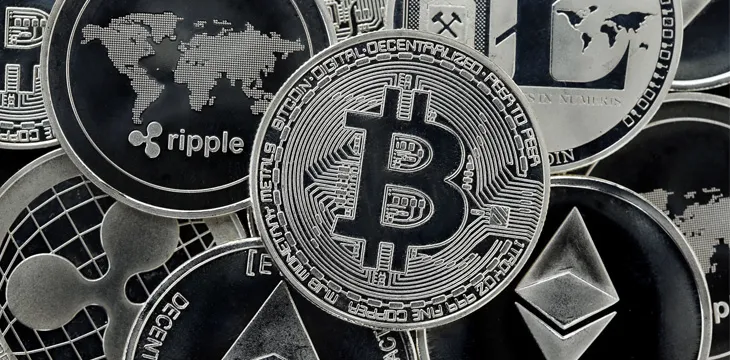|
Getting your Trinity Audio player ready...
|
Cryptocurrency mining in South Korea is about to become more difficult, thanks to the Korean Customs Service (KCS).
Customs officials in South Korea have tightened the standards applied to cryptocurrency mining chip imports, adding them to a list of products that must meet certain basic specifications before they can be imported, according to KCS data published on Wednesday.
Crypto mining chips will now be required to have certification in support of sanitation and safety, as well as a series of other requirements that apply to importing other types of restricted products.
The decision has been made following reports of a significant increase in the number of chips imported into South Korea, driven by strong demand from cryptocurrency miners. According to media reports, November and December of 2017 saw in excess of 454 chips imported, at a total value of 1.3 billion won—equivalent to roughly $1.2 million.
The new measures will require chips to be compliant with a number of additional regulations, which the authorities say is a result of the energy consumption in cryptocurrency mining, and the fire risk that comes with overheating hardware.
Imported chips will also have to comply with radio frequency regulations, in addition to the other standards required by the National Radio Research Agency, which is responsible for setting regulation in this area.
The new customs regulation comes at a time of tightening restrictions over cryptocurrency in South Korea more broadly, following a raft of regulatory changes introduced over the last few months. In addition to banning foreign speculation on Korean crypto exchanges, and ending the practice of anonymous cryptocurrency trading in the country, the authorities have been involved in several high profile crackdowns.
Most recently, Korean police made arrests across 13 companies suspected of leveraging cheap electricity to power crypto mining operations, as well as the decision last year to ban mining cryptocurrencies in shopping centres, on account of the increased fire risks associated with the mining process.
The news will come as a blow to miners in South Korea, who must now comply with the tighter standards for importing chips in future. It remains to be seen whether the measure will have the desired effect, in limiting the number and increasing the quality of chips imported for crypto mining purposes.

 06-30-2025
06-30-2025 





